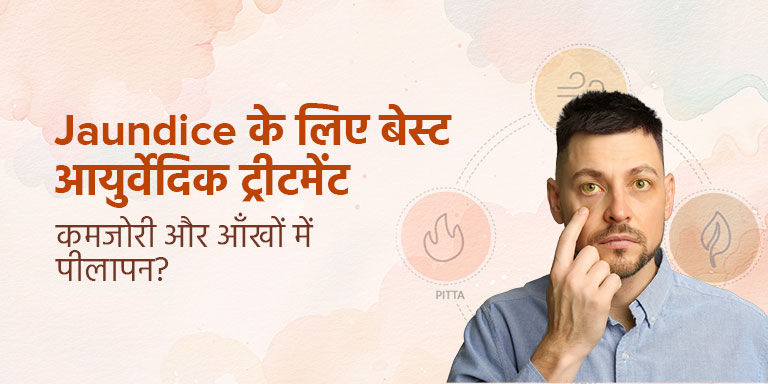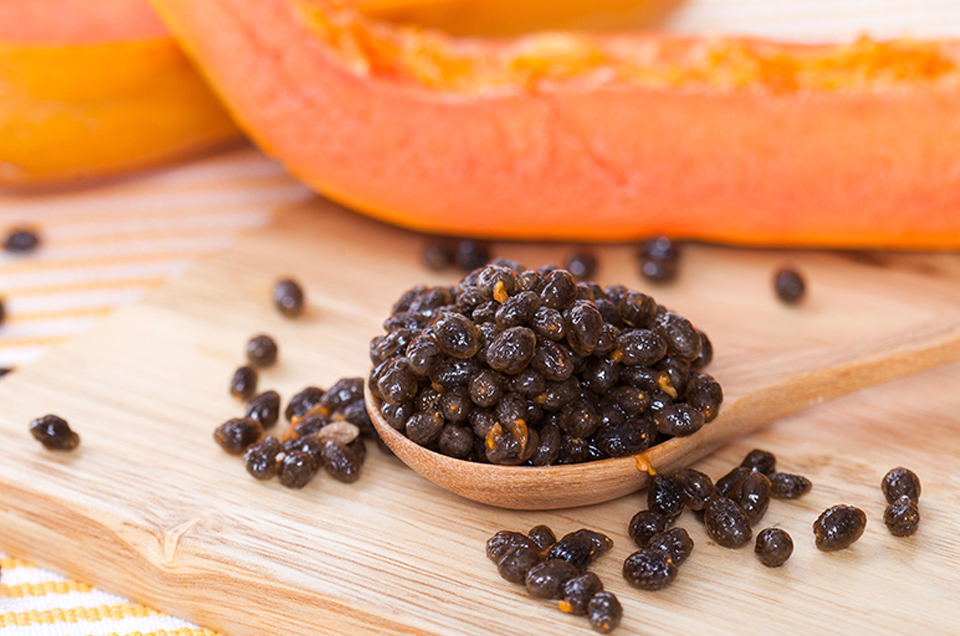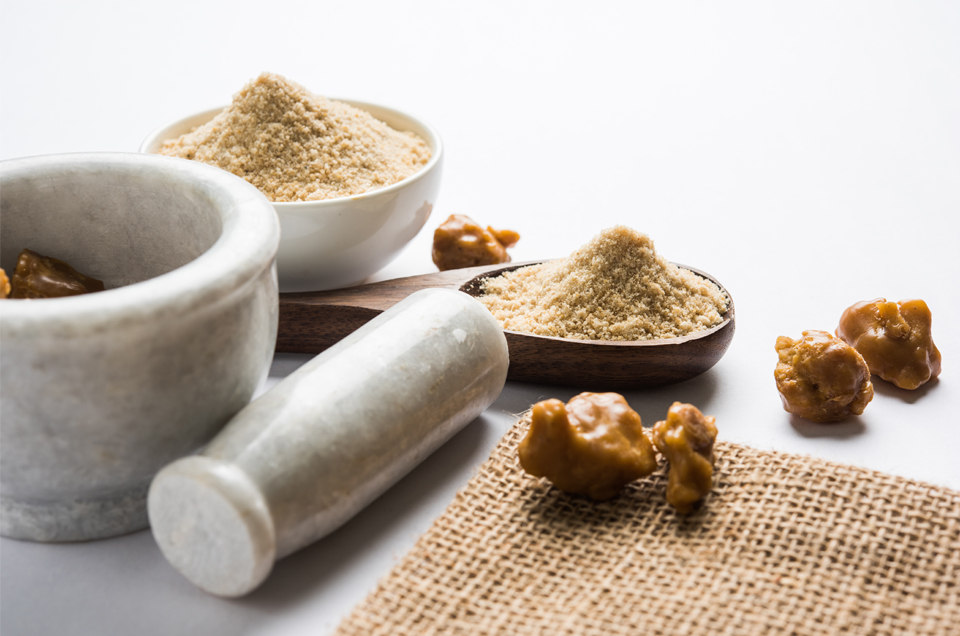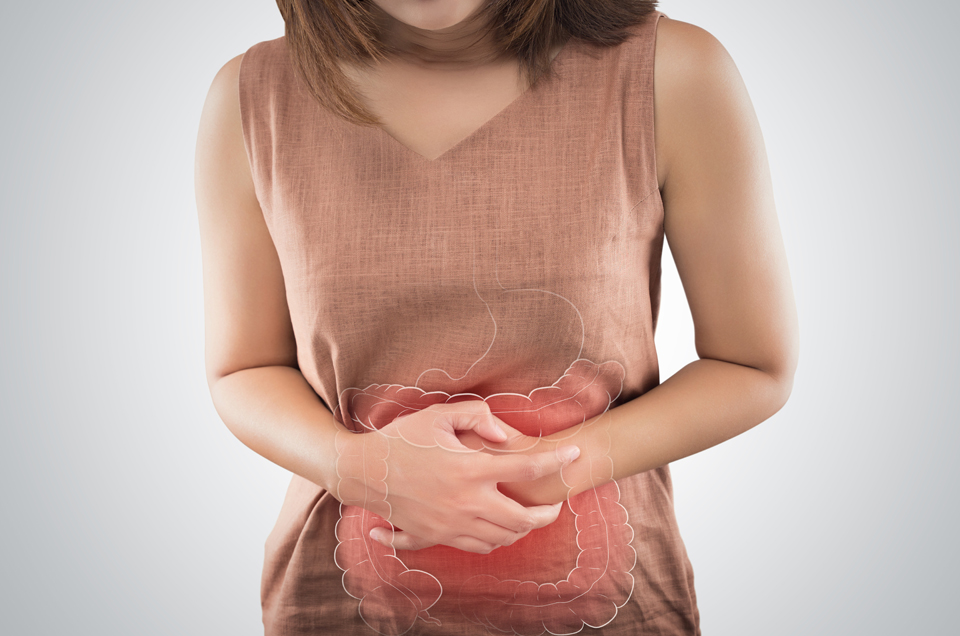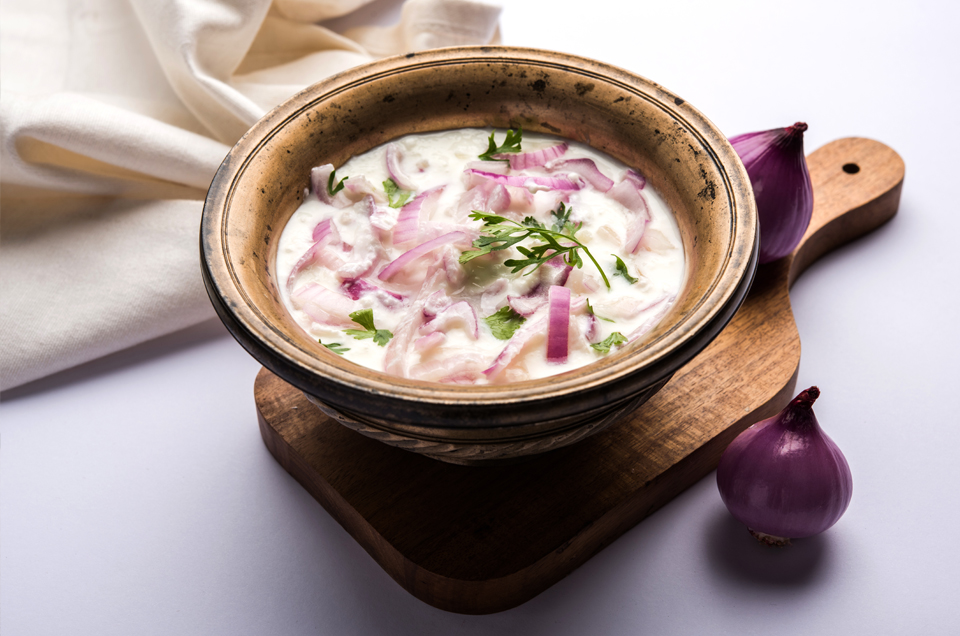Crohn’s disease is related closely to another chronic inflammatory bowel disease that involves only the colon called ulcerative colitis. Together, Crohn’s disease and ulcerative colitis are frequently referred to as inflammatory bowel disease (IBD).
Crohn’s disease tends to present initially in the teens and twenties, with another peak incidence in the fifties to seventies, although the disease can occur at any age. Males and females are equally affected. Smokers are two times more likely to develop Crohn’s disease than non-smokers. Crohn’s disease tends to be more common in relatives of patients with Crohn’s disease.
Many people with Crohn’s disease have symptoms for years before the diagnosis. Because of the ‘patchy’ nature of the inflammatory bowel disease and the depth of tissue involvement, initial symptoms can be more subtle than those of ulcerative colitis. People with Crohn’s disease experience chronic recurring periods of flare-ups and remission.
Crohn’s disease seems to be caused by a combination of environmental factors and genetic predisposition. Researchers believe that in Crohn’s disease the immune system attacks bacteria, foods, and other substances that are actually harmless or beneficial. During this process, white blood cells accumulate in the lining of the intestines, producing chronic inflammation, which leads to ulcer formation in the intestines. In alternative medicine, treatment options are restricted to controlling symptoms, maintaining remission, and preventing relapse. In some cases, when a non-surgical approach fails to address the condition, doctors may recommend surgery. However, Crohn’s disease may recur even after surgery.
Ayurvedic perspective of Crohn’s disease
Ayurveda, the holistic system of medicine, places a lot of emphasis on gut health. Ayurveda particularly focuses on the significance of a healthy digestive system (or strong digestive fire known as jatharagni) for good health and wellbeing. If jatharagni is weak, it is not able to digest food adequately and therefore, the tissues will not receive proper nourishment and will inevitably become unbalanced. If the function of the digestive process is impaired or unbalanced, the person becomes unhealthy and disease is generated due to weak jatharagni that leads directly to an imbalance of dhatus (tissues), malas (wastes) and doshas (energies).
According to Ayurveda, Crohn’s disease can be compared to ‘Grahani’ disease. Grahani in Ayurveda is actually an anatomical term to describe the small intestine (specifically ileum and jejunum). Any vitiation or inflammation to this particular part by imbalanced Doshas (Vata, Pitta and Kapha), especially pitta dosha, can cause a wide variety of symptoms similar to that of Crohn’s disease, anywhere across the digestive system. The degree and nature of symptoms may vary as per the doshic predominance and involvement.
Crohn’s disease treatment in Ayurveda
As per Ayurveda, the primary causes of Grahani disease are Mandagi (poor appetite and poor digestion), irregular or incompatible diet habits and consumption of junk food. Unhealthy diet habits (Apathya) in certain digestive disorders, especially the conditions of post diarrhea and irritable bowels, are also one of the important causes of this disease.
At Jiva Ayurveda, we provide effective treatment for Crohn’s disease based on the classical principles of Ayurveda. Our doctors have treated thousands of cases of Crohn’s disease with personalised, root-cause based approach. Crohn's disease ayurvedic treatment involves a variety of lifestyle, diet and stress-relieving suggestions to identify and reduce the triggers of the disease and associated symptoms.
We offer an individualized treatment program including Ayurvedic herbal formulations, diet and lifestyle advice to each individual. In more severe and chronic cases, detoxification programs and body therapies are selectively done along with these. If the patient is already on allopathic treatment, Ayurveda treatment can be clubbed initially and gradually allopathic medicines can be tapered down. The results for Crohn’s disease are usually good with the Ayurvedic line of treatment. Cases reported earlier or in the initial stages tend to respond quickly than the chronic ones. If the patient can stick to all the guidelines as advised, even a complete cure can be achieved. Therefore, it is advised to seek early consultation with the Ayurvedic doctor for Crohn’s disease treatment.





 Prev
Prev

